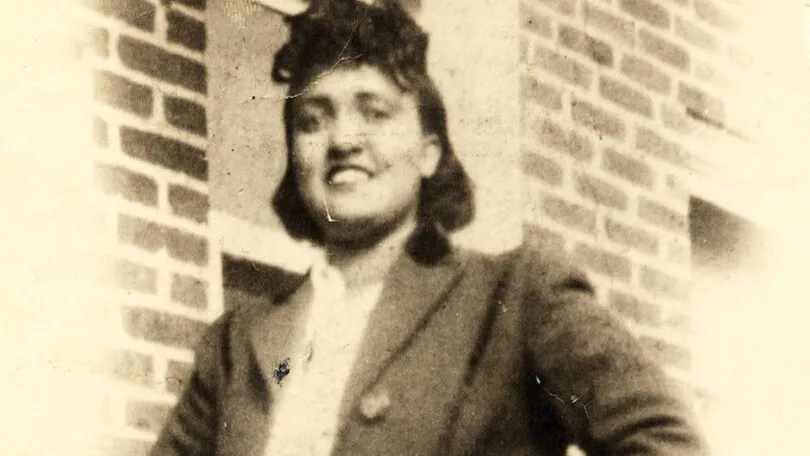Henrietta Lacks’ family settles lawsuit with biotech company, paving the way for more claims, says attorney Ben Crump

by NNPA Newswire Senior Correspondent Stacy M. Brown
Living relatives of Henrietta Lacks have reached a confidential settlement with Thermo Fisher Scientific, the multi-billion-dollar biotechnology company that has used regenerative cells taken from Lacks decades ago without her consent.
The settlement sets a precedent, potentially leading to complaints seeking compensation and control of Lacks’ cells, famously known as “HeLa” cells, the world’s first cells capable of replicating outside the human body.
Represented jointly by attorney Ben Crump, renowned for his advocacy for Black victims of police violence, and attorney Chris Seeger, known for leading significant class action lawsuits in U.S. history, the family called a news conference in Baltimore on Tuesday, August 1, which coincides with what would have been Lacks’ 103rd birthday.
“The parties are pleased that they were able to find a way to resolve this matter outside of court and will have no further comment about the settlement,” Crump and Seeger wrote in a news release.
The Lacks family’s lawsuit addressed a problem that had persisted for 70 years following the unlawful removal of Henrietta Lacks’ cells while she was receiving cervical cancer treatment at Johns Hopkins Hospital.
The family argued that the cells rightfully belong to Lacks and that companies like Thermo Fisher Scientific should pay for using them in research and product development.
In a 2022 interview, Crump called the situation “indicative of the Black struggle for equality and respect in America.
“Because it’s a racial justice issue when you think about it in the purest form,” Crump asserted. “The children of Henry Ford, they’re able to benefit from his contributions to the world.”
Thermo Fisher Scientific, in its defense, contended that Lacks’ descendants waited too long to take legal action and that other companies worldwide also use HeLa cells without the family’s consent.
Lacks’ cancer treatment in 1951 was unsuccessful, and she tragically succumbed to the disease a few months after her diagnosis.
Following her death, researchers at Johns Hopkins discovered that the cells sampled from Lacks’ cervix could regenerate outside the human body.
They shared those groundbreaking cells, which were instrumental in developing polio and COVID-19 vaccines and the world’s most common fertility treatment.
Crump has noted that other companies besides Thermo Fisher Scientific sell Lacks’ cells, and biotech companies and labs globally use them for various types of research.
The family has signaled that they also may act against those companies.
For decades, Lacks’ contributions to science remained unrecognized.
However, Maryland Democratic Rep. Kweisi Mfume and fellow Maryland Democrats U.S. Sens. Chris Van Hollen and Ben Cardin have introduced legislation seeking to award Lacks a Congressional Gold Medal posthumously.
The lawmakers said the goal is to ensure her contributions are honored and acknowledged for generations, as the cells she unknowingly provided continue to benefit millions worldwide.
Lacks’ story has since become a best-selling book and, in 2017, Oprah Winfrey starred in the big screen biopic, “The Immortal Life of Henrietta Lacks.”
“It’s a real honor to have a family member that’s genetic makeup is that important to the world,” Lacks’ grandson, Ron Lacks, said in an earlier interview.
“When people are profiting from her, and some of my family members can’t even afford proper medical [care], you know, it’s like she’s on the auction block,” he said.
“You know, as loving as my grandmother was, she would have definitely said, ‘Well, what about her family?’”







